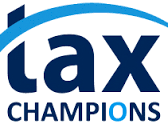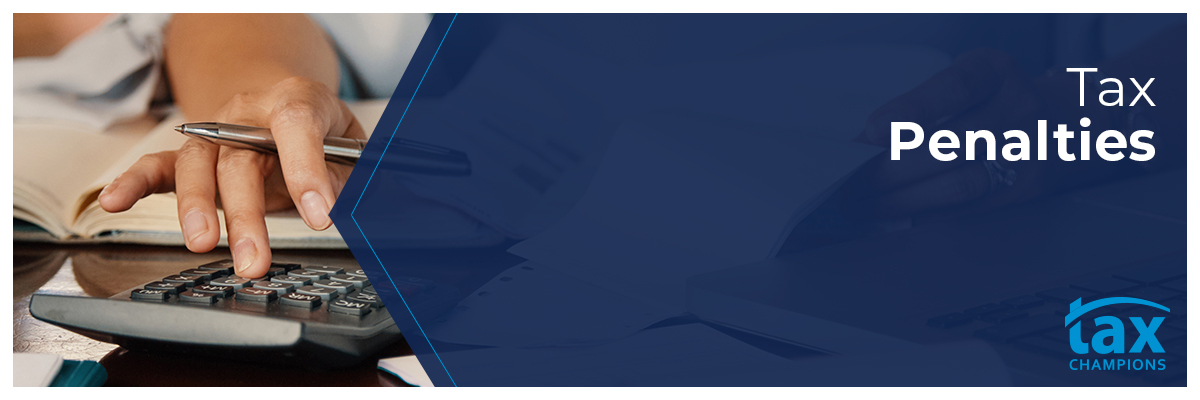The American Institute of Certified Public Accountants (AICPA) explains that the IRS sometimes approves an administrative waiver of many tax penalties. To request this abatement on your own, you may submit a written request to the IRS, if you meet the criteria set out by them.
According the AICPA, here’s how you can qualify for the waiver:
- File all your returns that are due or past-due,
- Pay your outstanding balance or establish a payment agreement with the IRS, and
- Have no prior penalties (except for estimated tax penalty) for the previous three years.
The AICPA also notes that “if the taxpayer received reasonable cause relief in the past, they are still eligible for the [first time abatement].”
Finally, they point out some further important considerations:
- The first-time abatement is for one tax year. When more than one tax year qualifies you for this waiver, it’ll be applied to the earliest qualifying tax year.
- If the IRS hasn’t assessed an impending penalty yet, the taxpayer may submit a penalty nonassertion request.
- If the taxpayer has already paid the penalty, they may request a refund by filing Form 843. The title of this form is Claim for Refund and Request for Abatement.
- The taxpayer may file an appeal if the IRS doesn’t grant a first-time abatement. Although, many taxpayers opt for professional help to file an appeal. The taxpayer should choose the avenue he or she is most comfortable with.
- Taxpayers can save thousands of dollars on penalties if they or their trusted tax relief professionals advocate for a penalty abatement.

